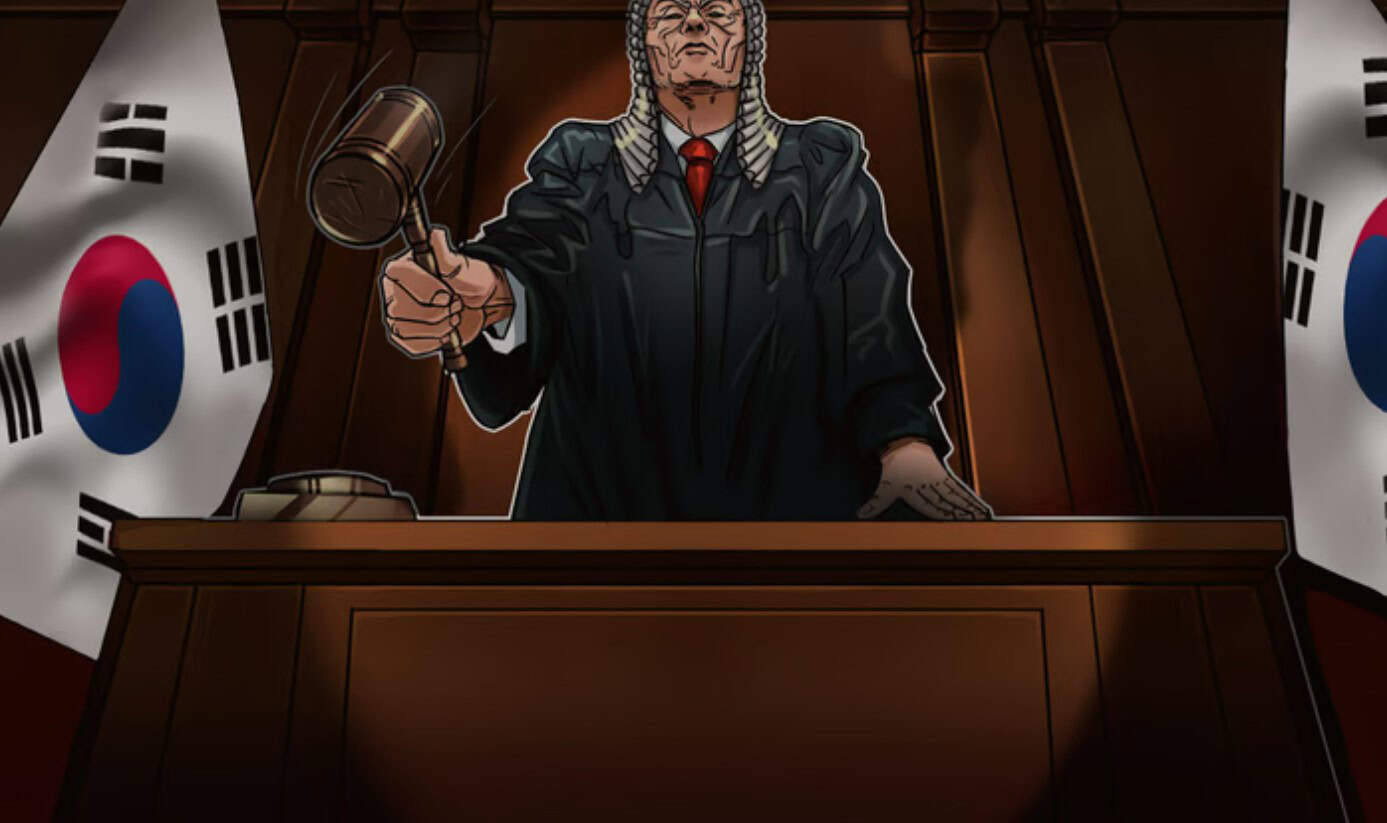
Kim Nam-kuk, a member of South Korea’s National Assembly, could be sentenced to six months in prison for allegedly not reporting all his cryptocurrency holdings to the government.
According to a Dec. 18 report from South Korean news outlet Dong-A Ilbo, prosecutors in Kim’s case requested a six-month prison sentence for the lawmaker, who is currently on trial in Seoul.
Kim allegedly reported his total assets at 1.2 billion Korean won — roughly $834,356 at the time of publication — in 2021 despite owning 9.9 billion in digital assets, and also concealed 990 million won worth of crypto holdings in 2022.
Prosecutors reportedly said Kim “obstructed the National Assembly Ethics Committee’s review of the National Assembly member’s assets in a false manner” by not declaring the entirety of his crypto holdings. Holding such assets can present potential conflicts of interest for elected officials.
Kim left the country’s Democratic Party in 2023 after allegations surfaced that the lawmaker liquidated millions of dollars worth of crypto before South Korea began enforcing the Financial Action Task Force’s Travel Rule. He reportedly claimed that he had transferred the funds to another exchange but also that he was not required to declare the assets to the government.
Related: South Korea’s FSC denies decision on corporate crypto account roadmap
After assuming office in 2020, Kim had some authority in handling laws related to digital assets, including legislation proposed by the Democratic Party to delay a 20% tax on crypto gains from 2023 to 2025. Lawmakers agreed to another two-year delay of the policy on Dec. 1, pushing implementation until 2027.
Political turmoil in South Korea after martial law declaration
Kim’s trial, despite the allegations, has been vastly overshadowed by South Korean President Yoon Suk Yeol declaring martial law seemingly without any notice to allies on the evening of Dec. 3. Many lawmakers with the Democratic Party and Yoon’s People Power Party scaled the walls of parliament buildings to bypass the military guards and vote on rescinding the declaration.
Yoon agreed to lift martial law after the vote but refused to resign even as many lawmakers called on him to step down. Lawmakers in the National Assembly, in a vote of 204 out of 300, impeached the South Korean president on Dec. 14.
The Constitutional Court of Korea will have 180 days to review Yoon’s impeachment, which could determine whether the president is removed from office. Han Dong-hoon, leader of the People Power Party, also announced on Dec. 16 that he would step down in response to the impeachment decision.
